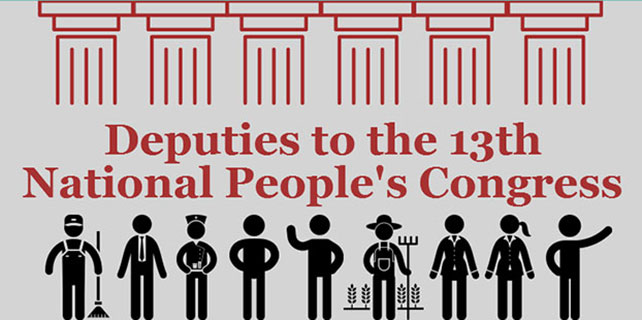O'Neill sees China boosting economy
Says global trade is changing fast and dramatically
SYDNEY - World renowned economist and coiner of the term "BRIC (Brazil, Russia, India and China)" Jim O'Neill has said China's Belt and Road Initiative could "completely transform" the global economic outlook for the better.
O'Neill, who visited Sydney last week for an economic forum, spoke to Xinhua via telephone from his office in London, praising the work of the Chinese government in implementing the Belt and Road Initiative.
The initiative, proposed by China in 2013, aims to build a trade and infrastructure network connecting Asia with Europe and Africa along the ancient Silk Road trade routes.
|
A local woman experiences the art of traditional Chinese calligraphy at China booth at a fair promoting green lifestyle along the Belt and Road Initiative economies in Berlin in January 2015. Zhang Fan / Xinhua |
The initiative demonstrates China's rapid progress in becoming the centre of the global economic sphere, the economist said.
"It's one of a number of potential additional trade developments which simply add to my view that the nature of global trade is changing dramatically, and the United States does not dominate in the same way it once did," O'Neill said.
"I think the Belt and Road Initiative has the potential to completely transform the economic outlook for those countries that lie between China and Europe, and result in all sorts of exciting things with respect to trade developments for China and many other countries."
China "dominates" global trade, O'Neill said, highlighting recent statistics out of Europe that show that China has become the trading partner of choice for many European nations.
"The most interesting statistic I've seen so far in 2017 was the release of the final German trade data for the whole of last year," O'Neill said.
"It shows that China has become Germany's number one trade partner, if you combine imports and exports, overtaking the United States and France."
One of the "realities" of this "new era" of trade is that China is not only becoming the number one partner of choice for commodity-driven nations, but for nations that specialize in premium goods, and a wide range of services, O'Neill said, envisioning close cooperation with China by the US in terms of continued and robust trade relations.
"As China goes further up the income stream, it's a really good market for the United States to export some of its best products and best businesses to," O'Neill said.
Free trade is crucial to the development of the global economy and O'Neill spoke of his own experiences in the British Parliament, highlighting the need for his native Britain to engage with trading partners around the world, and in particular, China.

"I certainly think for post-Brexit Britain, it's absolutely crucial to be trying to improve its trade relationships with the likes of China and Asia," O'Neill said.
"I was in the government until last September, and I was in the middle of what seemed to be quite strong, successful efforts to develop the so-called 'golden relationship' with China, and the reason why we did it was because of the potential for British trade and investment relationships with China."
But it is not just trade partnerships that the BRICS (Brazil, Russia, India, China and South Africa) nations are focused on developing, with global governance and policy consensus crucial to ensuring the social development not only of the member nations but those that are able to influence for the better.
O'Neill is hopeful that the nations will make even further strides towards becoming bigger influencers on the global scale, despite the understandable challenges they face when bridging cultural and political differences among them.
"The very fact they have emerged as a political group is a huge development, and I think in some ways they are still in their infancy," O'Neill said.
The world-renowned economist firmly believes, however, that despite the relatively young stage of their partnership, the BRICS nations more than hold their own with the likes of the US and the European Union in the geopolitical arena.
"The way they have emerged, and the whole advent of the G20 was done to bring the BRICS countries into global governance," O'Neil said.
"So they already are (at that level). I think it's pretty clear."
Looking ahead to the BRICS Summit set to be held in the city of Xiamen in China in September, O'Neill said he would engage with representatives to push for the nations to play a more active role in the global health agenda.
"I think they can play a really powerful leadership role there, as well as more conventional things like the state of the world, financial markets, and so on."
Xinhua
(China Daily USA 03/22/2017 page16)













